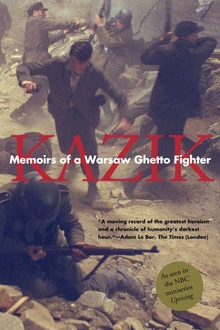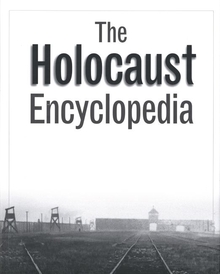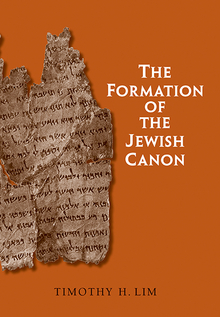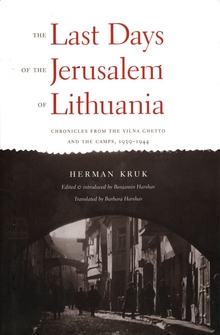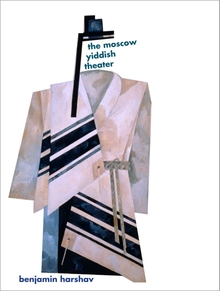Memoirs of a Warsaw Ghetto Fighter
WARNING
You are viewing an older version of the Yalebooks website. Please visit out new website with more updated information and a better user experience: https://www.yalebooks.com
Kazik (Simha Rotem); Translated from the Hebrew and edited by Barbara Harshav
When the Nazis decided to liquidate the Warsaw Ghetto in 1943, five hundred young Jewish fighters within the Ghetto rose up to defy them. With no weapons, no influence, and no experience in warfare, they managed to resist the Germans for almost a month. In the end, when the battle was lost, the surviving Jews were led out of the ruins through the sewers by a nineteen-year-old fighter known as Kazik. As head courier of the Jewish Fighting Organization (ZOB), which had planned and executed the uprising, Kazik spent the rest of the war helping to care for the several thousand Jews who still remained in Warsaw. This book—an extraordinary story of courage and perseverance—is Kazik's wartime memoir.
In stark, spare detail, Kazik reports on the efforts to prepare for the defense of the Warsaw Ghetto, the calamitous battle with the Germans, and the rescue of the few Jews who were still alive after the Ghetto was destroyed. He describes how he assumed a false Aryan identity in order to pass through the city as he collected money and found hiding places for the survivors. Constantly on guard, fearful of informers, his life always in danger, he nevertheless plotted resourcefully to aid his fellow Jews. He tells how he joined the Poles during their ill-fated uprising against the Nazis in Warsaw in 1944, had further brushes with death assisting the Polish underground, and returned to Warsaw to watch its liberation by the Russian army.
Suspenseful, moving, and remarkably heroic, Kazik's memoir is only the second source to be published on the Warsaw Ghetto Uprising. It will help demolish the image of Jews as submissive victims in the Holocaust.
"A haunting and intimate account of the war years by one of the great heroes of the Warsaw Ghetto Uprising."—Debórah Dwork
"It had me transfixed. I could do nothing else until I finished it and could think of nothing else after I put it down."—Chaim Bermant, Literary Review
"A valuable contribution to the discussion of Polish-Jewish relations during the war. . . . An exceptional book."—Abraham Brumberg, Washington Post Book World
"[Rotem's book] is a personal memoir, a straight-forward narrative which makes no claims to philosophical analysis, but is all the more powerful for its simplicity. . . . A moving record of the greatest heroism and a chronicle of humanity's darkest hour."—Adam Le Bor, The Times, (London)
"A first person narrative, this memoir is the most gripping account of wartime guerilla survival against all the odds that I have ever read. It is impossible to put down the book down."—Robert Carver, The Scotsman
"Simha Rotem’s Memoirs of a Warsaw Ghetto Fighter provides a fascinating insight into the Warsaw Ghetto uprising by one of the few members of the Jewish Fighting Organisation to survive."—Niall Ferguson, Sunday Telegraph (London)
"The book is often unbearable to read in its suspense, and very often just as heartbreaking in what it depicts."—Robert Leiter, Jewish Exponent
Publication Date: October 11, 2001
10 b/w illus.

